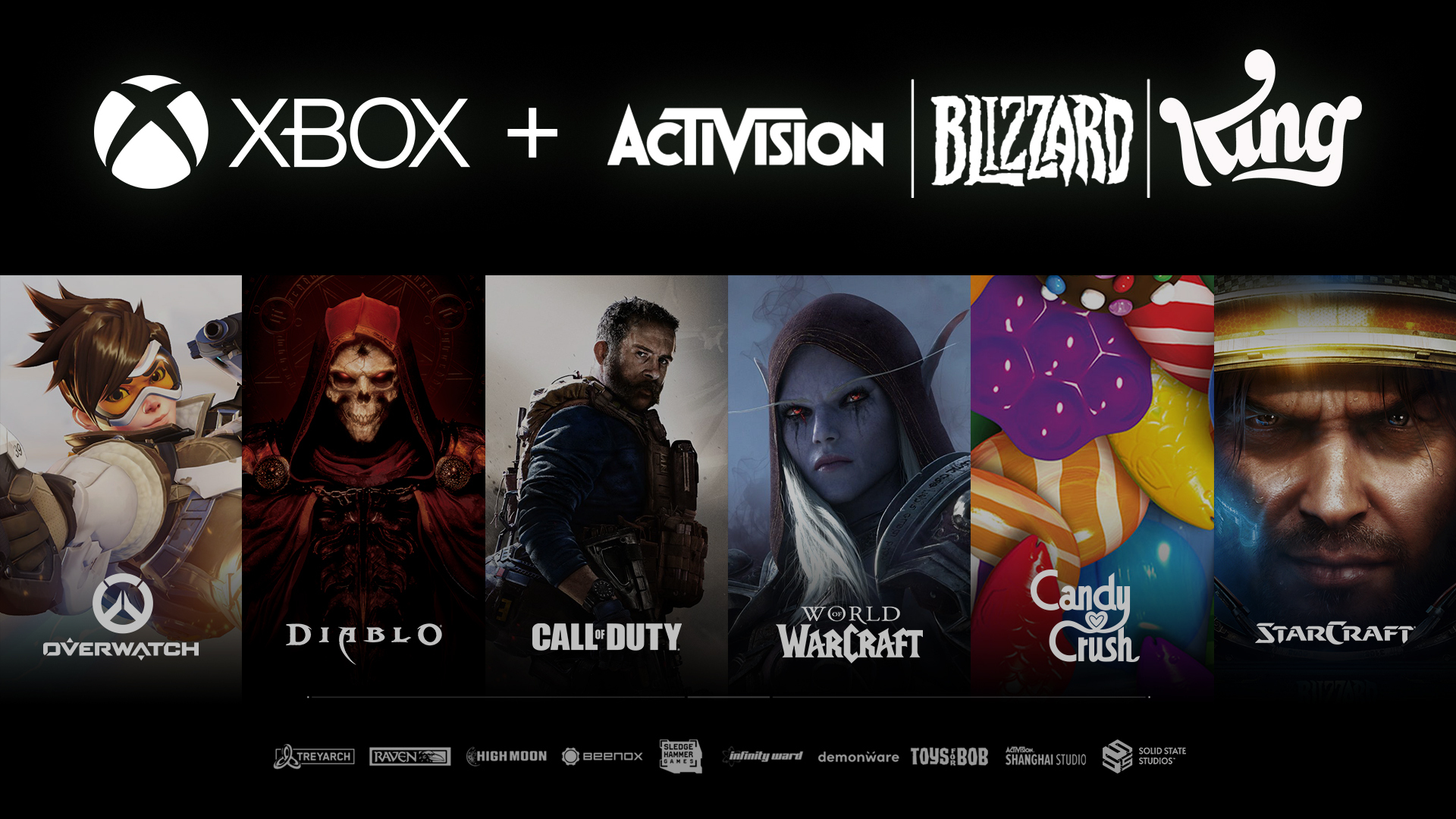Shop At Haya: Your Ultimate Shopping Guide
Discover the best shopping tips, trends, and deals for a smarter buying experience.
Level Up: Why Blizzard Games Are the Best Thing Since Sliced Bread
Discover why Blizzard games are the ultimate gaming experience—so good they'll have you shouting "best thing since sliced bread!"
The Evolution of Blizzard Games: A Journey Through Gaming History
The evolution of Blizzard games is a remarkable journey that embodies the growth of the gaming industry itself. Founded in 1991 as Silicon & Synapse, Blizzard Entertainment has become synonymous with iconic franchises like Warcraft, StarCraft, and Diablo. Each of these series not only transformed their respective genres but also contributed to the rise of eSports and online multiplayer gaming. From the early days of 2D graphics to the modern era of immersive 3D environments, Blizzard's commitment to storytelling and player engagement has set a benchmark in the gaming world.
As the industry progressed, so did Blizzard's innovative approaches to game design. The release of World of Warcraft in 2004 marked a significant milestone, introducing millions to the world of MMORPGs and establishing a loyal community of players. Over the years, Blizzard has consistently refined its games, incorporating player feedback and technological advancements. This adaptability is evident in titles like Overwatch and Hearthstone, which have further demonstrated Blizzard's ability to evolve while maintaining the core elements that fans love. The journey through gaming history that Blizzard represents is not just about the games themselves but the lasting impact they've had on culture and community.

Top 5 Reasons Why Blizzard Games Redefine Entertainment
Blizzard Entertainment has consistently set the standard for engaging gameplay and immersive storytelling, making their games sit at the forefront of the entertainment industry. One of the key reasons for this is their commitment to quality. From the detailed art styles to the meticulously crafted worlds, every aspect of a Blizzard game is designed to captivate players. The sense of community fostered through multiplayer experiences, particularly in titles like World of Warcraft, has redefined the social aspect of gaming, allowing players from around the globe to connect.
Another remarkable aspect is Blizzard's ability to evolve its games. With regular updates, expansions, and events, games such as Overwatch and Diablo not only maintain their relevance but also constantly engage their player base. This dedication to continuous improvement keeps players invested long-term and showcases Blizzard's innovative approach to entertainment. Ultimately, it's these factors—combined with a strong narrative foundation and community engagement—that solidly position Blizzard games as paragons of modern entertainment.
How Blizzard Games Have Shaped Online Gaming Communities
Blizzard Entertainment has been a pioneering force in the evolution of online gaming communities, with titles like World of Warcraft, Overwatch, and StarCraft leading the charge. These games foster environments that promote interaction and collaboration among players, making them more than just a pastime; they are a social phenomenon. For instance, World of Warcraft revolutionized multiplayer experiences by allowing players to join guilds, embark on quests, and share strategies, thereby creating a thriving community of millions. The game's expansive universe encourages players to form lasting friendships, engaging in a shared experience that often extends beyond gaming itself.
Moreover, Blizzard's commitment to regular updates and community engagement has further solidified its impact on online gaming communities. Through forums, community events, and even annual conventions like BlizzCon, players have numerous opportunities to voice their opinions and connect with developers and fellow gamers alike. This sense of bonding and belonging nurtured by Blizzard games has become a model for other developers aiming to create similar online ecosystems. As a result, these communities thrive, leading to vibrant discussions, fan art, and even in-game events that bring players together, showcasing how Blizzard has truly shaped the shared online experience.